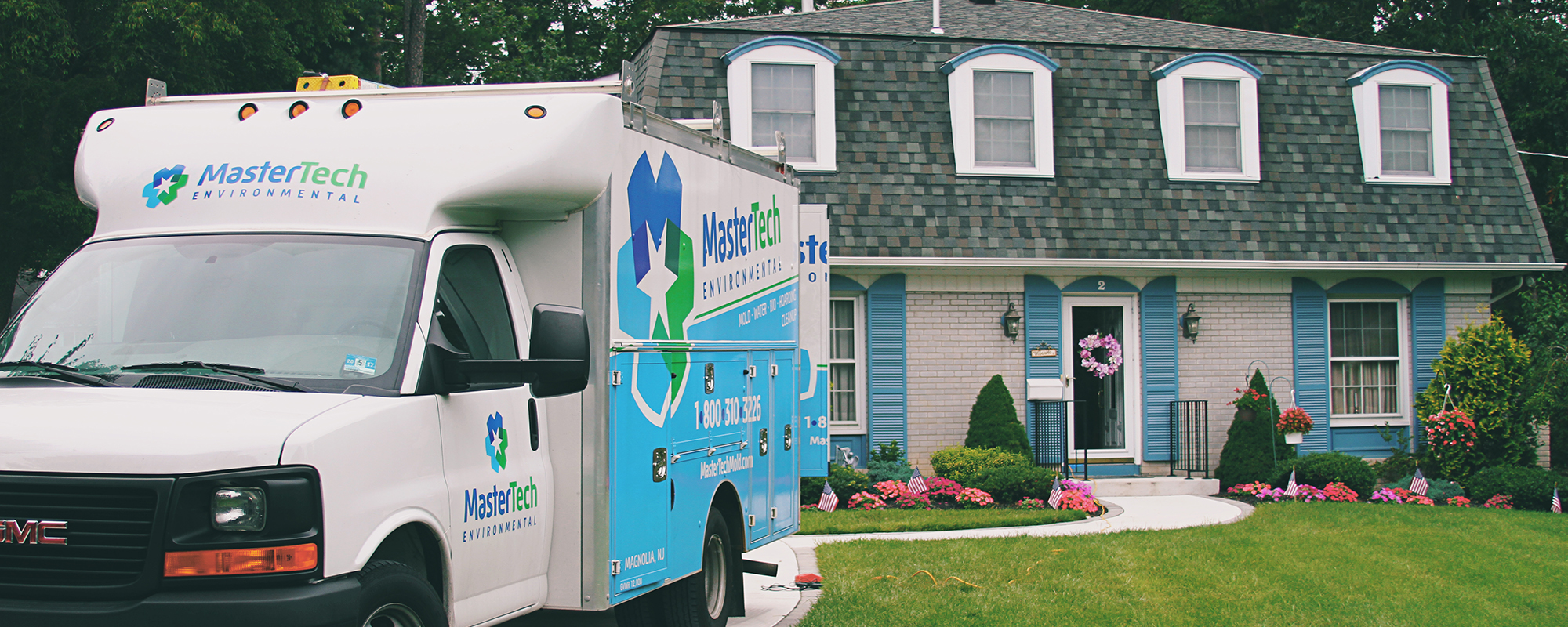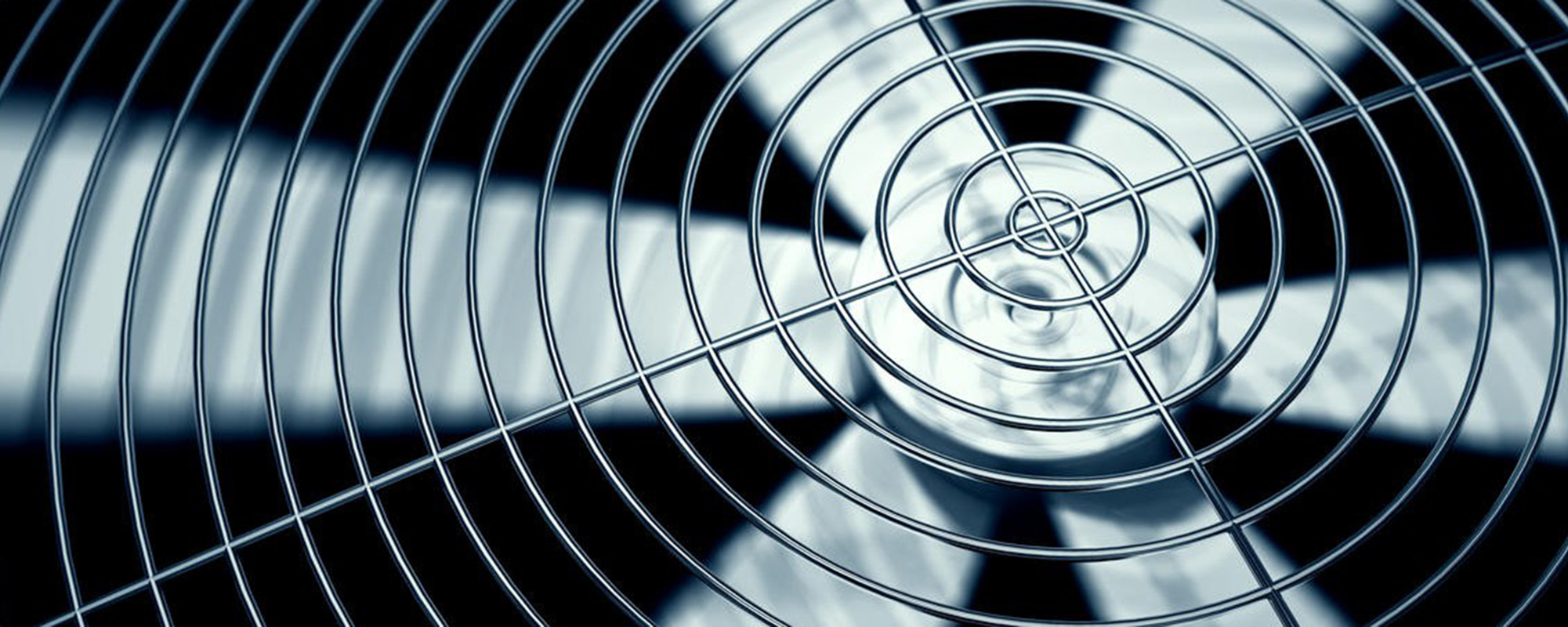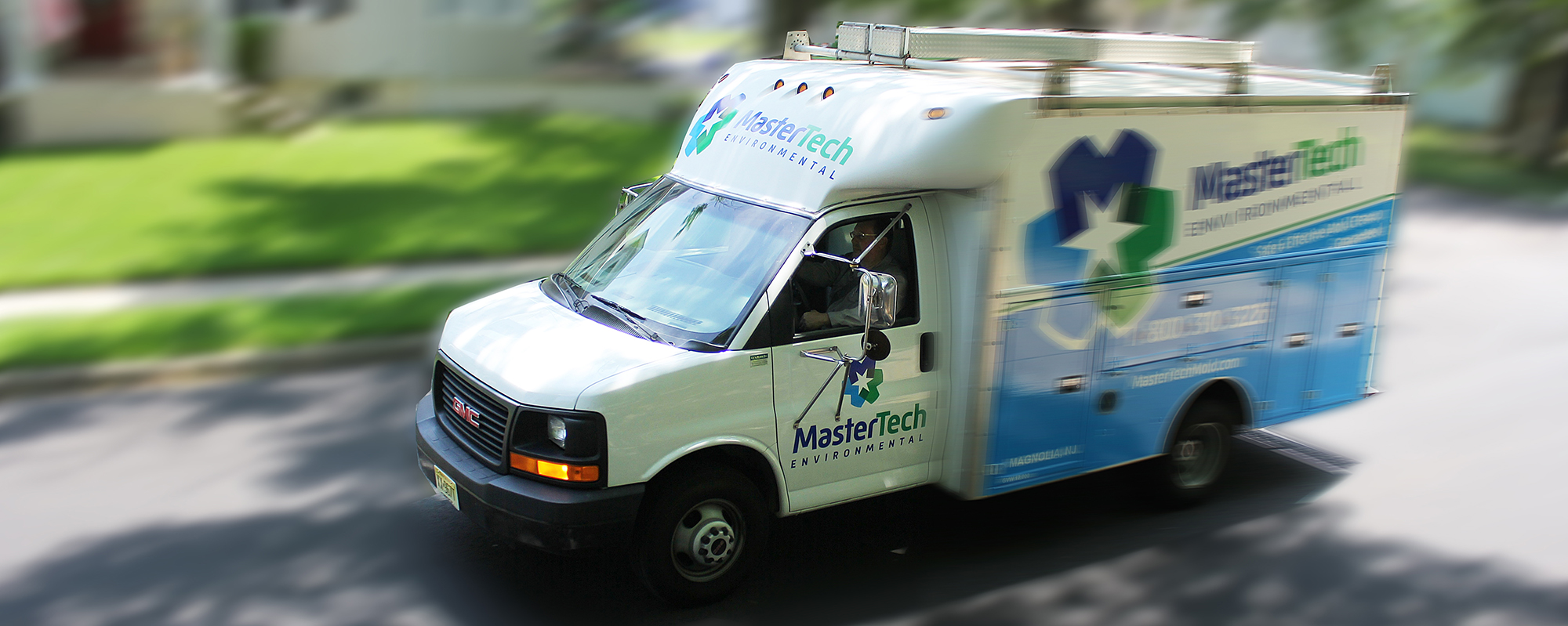
Sufficient air circulation is a key component in maintaining a healthy home for you and your family. Proper home ventilation helps to reduce indoor pollutant levels, maintains indoor moisture control and regulates indoor temperatures. For a majority of homes, windows and structural elements circulate fresh air. Many homes have additional mechanical systems to assist in air circulation. Some sources, such as stoves and bathrooms, need special venting that can remove the moisture and pollution they produce.
Ventilation= process of supplying or removing air naturally to or mechanically from a structure.
How & Where Air Enters & Exits the Home
- Natural Ventilation– air moves through planned openings like doors, windows and vents
- Infiltration– air moves through unplanned openings like cracks, joints, gaps, utility penetrations, areas of material shrinkage, etc.
- Mechanical ventilation– Systems put into place to actively remove air from a space like outdoor-vented fans, air handling systems, chimneys, air exchange systems, etc.
Side Effects of Poor Home Ventilation
- Moisture buildup– Insufficient ventilation in a humid climate can make indoor air more humid and promote moisture buildup. This can lead to serious property damage like wood rot and/or mold development.
- Elevated Indoor Pollutants– Without proper air circulation, indoor pollutants will begin to build up and lead to health concerns.
- Higher Energy Bill– Without proper home ventilation throughout your home, hot air can get trapped indoors and force your air conditioning system to work harder to cycle cool air throughout your home. No only will this leave you with an expensive bill, it will also put a lot of stress on you air system and shorten its lifespan.

Proper Home Ventilation
New Jersey homes need to move enough air to provide crucial circulation. Is there sufficient airflow in your New Jersey home? If not, here are some tips for proper home ventilation:
- Exhaust Fans:
- Install exhaust fans in rooms that are particularly damp, like your bathroom and kitchen, to remove moisture, gases, fumes and airborne particles.
- Make sure that your exhaust fans are vented outdoors and directing unwanted air away from the home.
- All too often, we find exhaust fans that were improperly installed to vent into the attic or another closed space. So rather than fixing the problem, the problem has just been relocated elsewhere in the home.
- Windows & Doors:
- Activities like showering and cooking can put quite a bit of moisture into the air each day– for an average family of 4, cooking produces approximately 5 pints of water each day, and showering produces approximately ½ pint of water into the air.
- Open the windows when using the shower, in the kitchen when cooking and in rooms where clothes are hanging out to dry. Keep the doors closed in these areas to prevent the damp air from escaping into dry areas of the home.
- During the summer months, consider opening the windows in the mornings and evenings to promote air flow.
- When you’re not cooking or using the shower, open all internal doors. This allows for the air to circulate freely, maintaining the same level or air quality in the home.
- Keep the doors to closets or wardrobes shut to prevent circulating air from being trapped in a confined space.
- Outdoor-vented Appliances:
- Make sure that all vents, fans, etc. are directed outside and away from the home: bathroom and kitchen exhaust fans, clothes dryers, gas/propane/wood/other combustion appliances, etc.
- Make sure that the vents are not blowing air in enclosed spaces, such as the attic or crawlspace.
- If you’re planning to install or change fans, pick energy efficient ones.
- Ceiling Fans:
- Turn on the ceiling fans to promote air circulation and to reduce central heating consumption.
- Counter-Clockwise– For a cooling effect during the summer months, run the fan in the forward direction (counter-clockwise). This will force the air to move down, towards you and give you the wind chill effect that will make you feel cooler
- Clockwise– During the winter months, run the fan in reverse (clockwise) at a low speed. This will gently draw air up, towards the ceiling and force the warm air down and out towards the walls.
- Air Filters:
- Change your HVAC air filters regularly to ensure the efficiency of your HVAC system.
- Air filters prevent pollutants and debris from entering your HVAC system.
- The frequency at which you should change your air filter will vary depending on a number of variables (i.e.: how often you’re using the HVAC system, if you have pets, the number of occupants in the home, etc.).
- A good rule of thumb– when your air filters are dirty, change them. But you should read the instructions on the air filter to know, for sure, when to replace it.
- Use natural ventilation around your home:
- Plant grass and plants, which absorb less heat, on your home’s surroundings.
- Install structures such as a pool or fountain to cool off the air before it enters your home.
- Create earth mounds in your yard to increase air circulation.

Poor home ventilation in your New Jersey home can lead to a multitude of problems, mold being one of them. If you discover mold development as a side effect of poor or insufficient ventilation throughout your home, contact a certified mold professional in New Jersey to help. A thorough mold inspection, conducted by a trained mold inspector, will determine if you have a mold problem, how bad it is and how to fix it.


